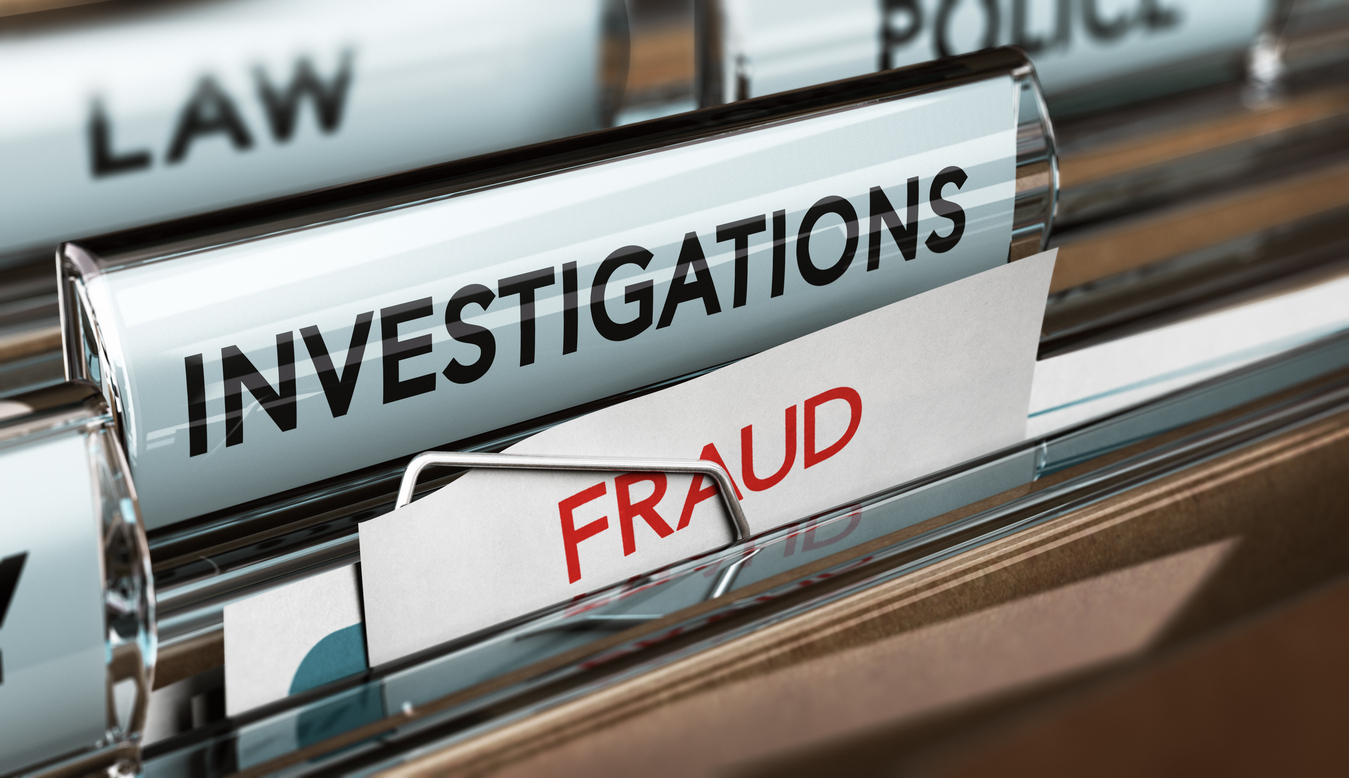Crypto Recovery for Business Owners: Preventing Losses in High-Risk Markets
Cryptocurrency continues to reshape global trade, cross-border payments, and online transactions. But with this rise in digital finance, businesses across Africa, Europe, and the Middle East are facing an increase in crypto-related challenges—especially lost, stolen, or inaccessible digital assets.
For companies operating in import/export, logistics, FMCG, or wholesale distribution, any financial loss can disrupt cash flow. And when that loss is tied to cryptocurrency, the recovery process can feel complex and overwhelming.
This is where understanding crypto recovery, prevention strategies, and the right professional support becomes critical.
What Is Crypto Recovery?
Crypto recovery refers to the process of retrieving lost, stolen, or inaccessible cryptocurrency. Losses can occur for several reasons:
-
Hacked wallets or compromised private keys
-
Fraudulent investment schemes or trading platforms
-
Technical failure of a crypto exchange
-
Human error—lost passwords or misdirected transactions
While crypto transactions are irreversible, recovery is still possible through a combination of forensic blockchain analysis, legal support, and expert investigation.
Why Crypto Losses Are Increasing
Businesses increasingly use digital payments to settle international trade, especially when conventional banking delays cause disruption. However, this rapid adoption exposes companies to risks:
-
Rising phishing attacks targeting finance teams
-
Fake investment platforms promising high returns
-
Scams targeting exporters who accept crypto payments
-
Poor wallet security practices
-
Lack of internal training on digital asset management
For many African importers and distributors, cross-border crypto transactions offer a fast alternative to traditional banking—but the lack of regulation often leads to vulnerabilities.
How Crypto Recovery Works
Although each case is unique, successful crypto recovery typically involves these steps:
1. Evidence Collection & Initial Assessment
Specialists gather wallet addresses, transaction IDs, exchange records, and communication logs. This establishes the basis for investigation.
2. Blockchain Forensic Tracing
Using advanced tools, investigators trace the movement of stolen or lost funds across the blockchain. Because all transactions are recorded, movements can often be tracked—even if criminals attempt to hide assets.
3. Exchange Intervention
If funds move through a known platform (Binance, Coinbase, KuCoin, Kraken, etc.), exchanges may freeze assets once provided with sufficient evidence.
4. Legal Steps & Reporting
Law enforcement reports, affidavits, and court orders may be required, depending on the jurisdiction.
5. Fund Recovery or Compensation
In many cases, frozen funds are returned to the rightful owner once the investigation concludes.
Recoveries are never guaranteed—but with professional support, many businesses regain part or all of their lost assets.
How Wigmore Trading Helps Businesses Protect Their Crypto Transactions
At Wigmore Trading, we understand the challenges companies face when managing payments across borders. While we do not act as a crypto recovery agency, we help clients reduce risks, avoid fraudulent trading partners, and secure international transactions through:
Trusted Supplier & Buyer Verification
We perform due diligence on trading partners across Africa, the UK, and global markets—reducing exposure to fraudulent crypto transactions.
Secure Payment Handling for Imports & Exports
Our team helps structure safe, traceable payment workflows that lower the risk of cyber theft or misdirected funds.
Professional Guidance for Businesses Using Crypto in Trade
We advise on best practices for companies integrating cryptocurrency into procurement, shipping, or distribution workflows.
When issues arise—whether related to crypto transactions, supplier disputes, or cross-border payment risks—Wigmore Trading can help guide you toward the right steps and solutions.
Practical Tips to Prevent Crypto Losses
Businesses can reduce exposure by adopting simple risk-control measures:
-
Use multi-signature wallets for company funds
-
Store private keys securely offline
-
Train finance teams on crypto fraud awareness
-
Avoid “too good to be true” investment platforms
-
Verify all overseas trading partners
-
Conduct small test transactions before large payments
Strong internal controls today can prevent major financial losses tomorrow.
Final Thoughts
Crypto recovery is becoming an essential topic for modern businesses—especially those involved in fast-moving industries like import/export and wholesale distribution. While recovering lost funds can be challenging, understanding the process and strengthening internal safeguards greatly improves protection.
If your business needs help navigating secure transactions or reducing risks in international trade, contact Wigmore Trading today to streamline your sourcing and protect your operations.








Comments are closed.